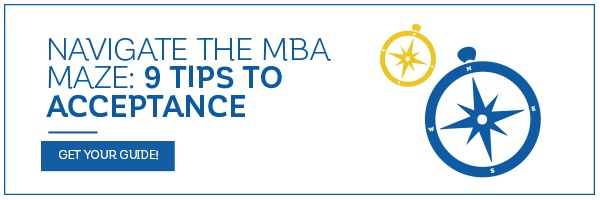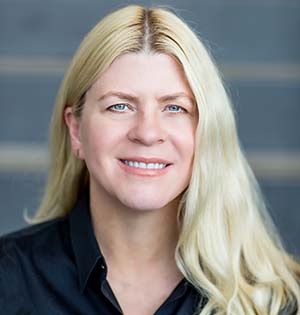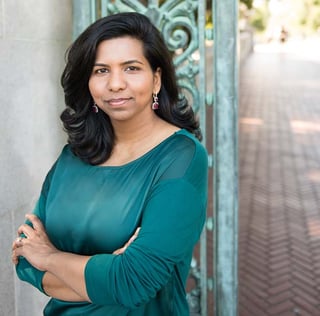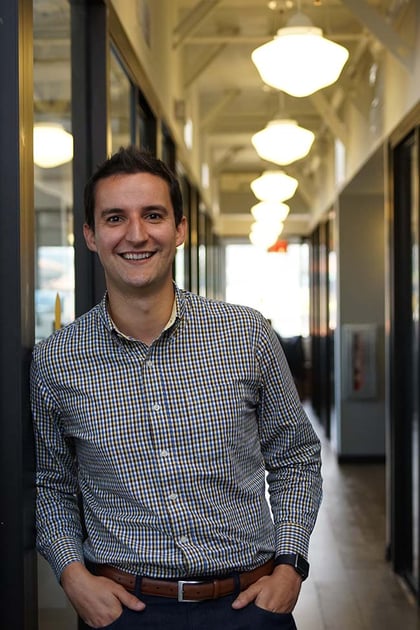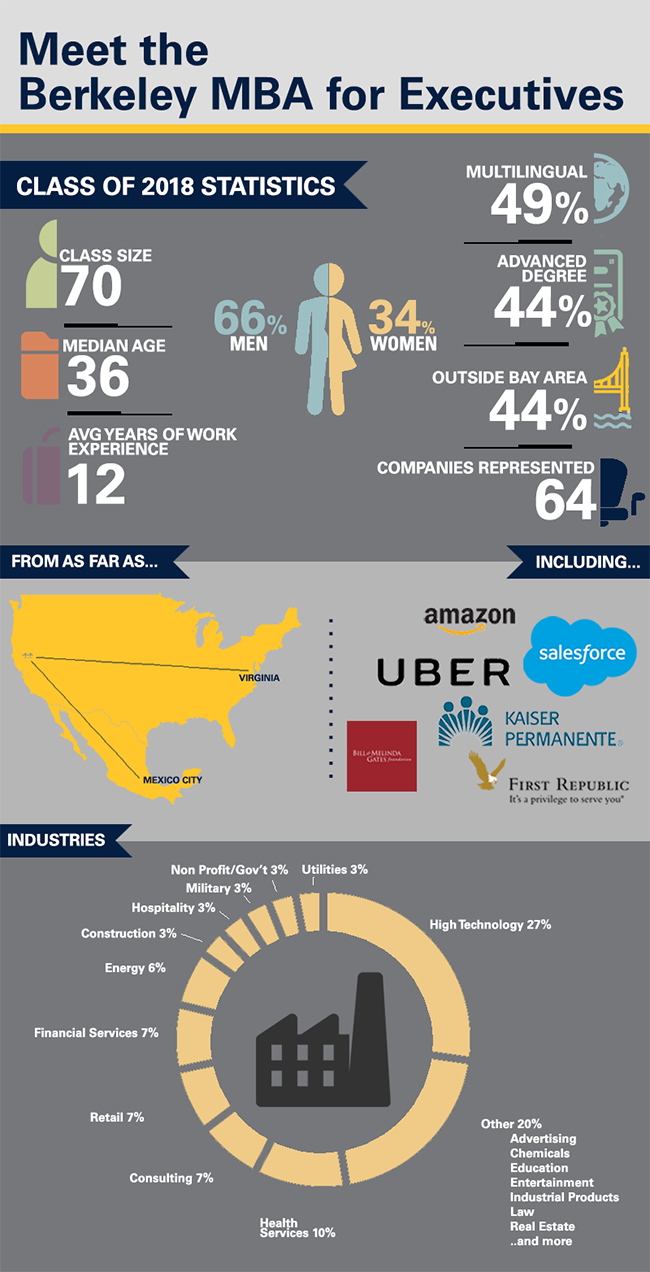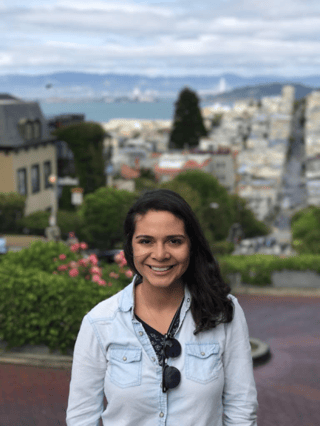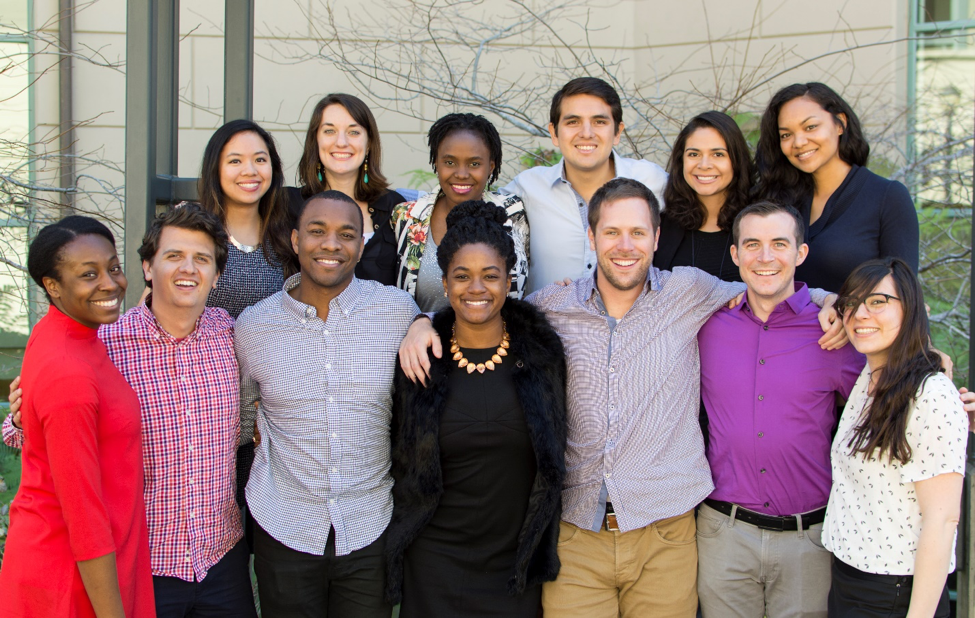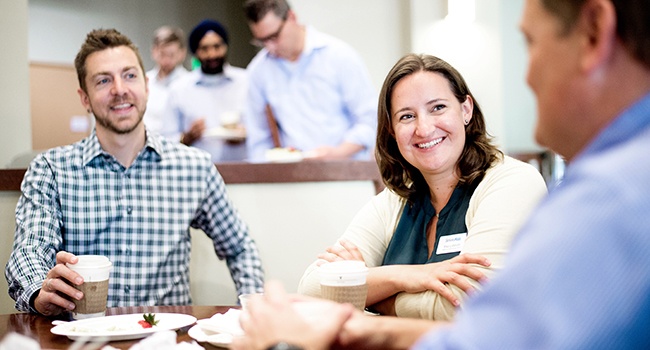Events & Promotions
|
|

GMAT Club Daily Prep
Thank you for using the timer - this advanced tool can estimate your performance and suggest more practice questions. We have subscribed you to Daily Prep Questions via email.
Customized
for You
Track
Your Progress
Practice
Pays
Not interested in getting valuable practice questions and articles delivered to your email? No problem, unsubscribe here.
- Nov 19
10:00 AM EST
-01:00 PM EST
Get expert MBA strategy, instant essay feedback, and personalized advice on your entire application. Join My Admit Coach, the AI-powered MBA admissions platform built on 10K+ successful application docs for HBS, Stanford GSB, MIT and other top programs. - Nov 19
11:00 AM PST
-12:00 PM PST
Round 2 is here — and it’s your chance to make your MBA dream happen! Join GMAT Club’s LIVE discussion with two top experts from The Red Pen, Gunjan Jhunjhunwala and Natasha Mankikar, as we break down everything you need to know - Nov 20
07:30 AM PST
-08:30 AM PST
Learn what truly sets the UC Riverside MBA apart and how it helps in your professional growth - Nov 12
01:00 PM EST
-11:59 PM EST
Get expert MBA strategy, instant essay feedback, and personalized advice on your entire application. Join My Admit Coach, the AI-powered MBA admissions platform built on 10K+ successful application docs for HBS, Stanford GSB, MIT and other top programs. - Nov 19
09:00 AM PST
-10:00 AM PST
What’s in it for you- Live Profile Evaluation Chat Session with Jenifer Turtschnow, CEO ARINGO. Come with your details prepared and ARINGO will share insights! Pre-MBA Role/Industry, YOE, Exam Score, C/GPA, ECs Post-MBA Role/ Industry & School List. - Nov 20
10:00 AM EST
-10:30 AM EST
If you’re applying to Columbia, NYU Stern, or Yale SOM, you need more than strong stats. Each school defines “leadership” differently, and your essays must reflect that. Join Sia Admissions founder, Susan Berishaj on November 20th - Nov 20
09:00 PM IST
-10:00 PM IST
Join our free expert-led Essay Workshops to discover how to choose impactful stories, highlight your core values, and align your background with each school’s distinct culture, making every word truly count. - Nov 21
08:30 AM EST
-09:15 AM EST
Get the inside scoop on what makes Emory’s Goizueta Business School great, learn how you can present a strong MBA application, and connect with an Admissions Director to get your questions answered. - Nov 21
09:30 PM IST
-10:30 PM IST
Learn how to craft powerful, authentic essays by mastering the 3 “WHYs” every top MBA program looks for: Why MBA, Why Now, and Why This School. - Nov 24
08:00 PM PST
-09:00 PM PST
Inquire for a free profile evaluation and guarantee statement for possible admits and scholarships!
Kudos
Bookmarks
 By Adam Hoff, Amerasia Consulting Group
By Adam Hoff, Amerasia Consulting GroupTime to break out an annual PSA here. I'm talking all alarms ringing, sirens, whatever it takes to get your attention. By "you" I mean: anyone applying to business school. You need to stop doing something immediately. Here it is:
STOP TRYING TO "DIFFERENTIATE" YOURSELF. [/b]
Or at least, stop doing it without a professional by your side. Let's dive into the 4 Rules of Differentiation before someone gets hurt.
Rule #1 - Do not "differentiate yourself" with a panicked career change. [/b]Throwing a Hail Mary at the last second is not a good idea. Trying to scramble to a cooler or sexier or "more noble" company is not going to make you stand out as a candidate - it's going to make you look directionless or (worse) fake. Now, some people change jobs (even right before applying) and that is fine, as long as there is a logical reason for it - ranging from "I hate my current job and may walk into traffic unless I leave it" to "this is a unique opportunity that I have to take." However, don't change just to change under some faulty logic that they are going to see "Adam Hoff, SpaceX" rather than "Adam Hoff, J.P. Morgan" and start doing backflips. If there is no logical reason to go work at SpaceX, then don't go work there. They look at your whole resume - and mainly to see what skills you have, not what brands you racked up - so it's not like changing the "current employer" line is going to change the formula for who you are. This is all risk, no reward. Would you do anything else in your life that is "all risk, no reward"? I am guessing not.
Rule #2 - Listing a hard job to get as your short-term goal is not "differentiating." If you only read one rule, read this one. Please! Read it again. Done? Read it again. Okay, you get the point. I have heard many, many times the past two years the idea from candidates that they want to pick post-MBA job X or Y because it will help "differentiate" them. In basically every case, the job in question is somewhere between "insanely hard" and "impossible" to get after graduating from business school. I'm talking hedge funds, VC, luxury retail, etc. I've even heard the quote, "What I really want to do is work in management consulting so I can really see what works and what doesn't and build towards my dream of starting company Z - but I feel like everyone puts management consulting so I want to find something else." Well, yeah, everyone puts it because management consulting firms hire lots of MBA grads. And they do that because they need talent and energy to feed an "up or out" machine - and the reason that grads take those jobs is because they can indeed learn what works and what doesn't as they make some good money and build towards the next step. It's a win for both parties ... so if that is what you want to do and it makes sense, why fight it? Either way, the worst thing to do is list a job you pretty much can't get, all in some misguided attempt to stand out. You will stand out all right -for your cratering effect on their employment stats. Insta-ding.
Rule #3 - The "quick and easy" place to differentiate is in the WHY of your long-term career goal. I have probably written more about MBA career goals than any subject on earth, so I won't belabor the point now, except to say that you can use your long-term goal to share parts of yourself that are deeply held, introspective, and unique. That's how you differentiate yourself. Not "hey, look at how I left Goldman to go work at an oil company for no reason" and not "all these other guys may want to take the slam dunk of management consulting, but I want a c-suite job at Prada!" - no, it's "what I want to do for the rest of my life is X, and the reason is [something that is unique and specific and deeply personal to you.] That is how you do it. If you need a mental shifting device, try this: most admissions officers would much rather read a great novel or watch a great TV show than hear a business pitch or dial up a TED Talk. Don't try to stand out ("differentiate") with your ambition, win them with your humanity.
Rule #4 - The real, pure way to differentiate yourself is to do the app right. Do you know how many people submit truly great apps? No joke, my guess from what I've seen is about 1% of the applicant pool. I'm talking about: 1) a strong baseline profile (3.3 and above, 700 and above, solid impact in the workplace), 2) a really good resume (a sales document that advertises that impact in different contexts), 3) essays that are easy to read, 4) essays that are structured correctly, 5) essays with thesis statements, 6) essays that are introspective (see Rule #3), and 7) essays that nail the DNA of the school in question. If you check all seven boxes, you just differentiated yourself. Rather than searching for some magic bullet, just do a really good job. If you had to read dozens of files each day and only a few were really good, you'd be pumped when you read the handful that were. I know it's boring and self-serving to lay this out for you, but that doesn't make the advice any less true, so there you have it.
If you need help differentiating yourself in a way that does good rather than harm to your app, email us at mba@amerasiaconsulting.com or visit us at https://www.amerasiaconsulting.com/contact. You aren't going to hear buzz words or lame gimmicks, just a breakdown of the hard, steady work required for a great app.
Kudos
Bookmarks

UC Berkeley Haas School of Business has announced the MBA application deadlines for the 2016-2017 admissions cycle. They are as follows:
Round 1
Application due: September 29, 2016
Decision released: December 15, 2016
Round 2
Application due: January 5, 2017
Decision released: March 23, 2017
Round 3
Application due: April 6, 2017
Decision released: May 11, 2017
All applications must be submitted on or before the application deadline at 11:59 p.m. Pacific Time. For more information, please visit the Berkeley MBA admissions website.
You may also be interested in:
Berkeley Haas Fall 2017 MBA Essay Questions
Berkeley Haas Appoints New Asst. Dean of MBA Program, Admissions
***
If you are looking for guidance on your MBA application, Stacy Blackman Consulting can help with hourly and comprehensive consulting services. Contact us to learn more. Visit the website for Stacy Blackman Reviews, and check out the company’s e-publications for more in depth school-by-school guidance.
Kudos
Bookmarks

Former MBA admissions director Peter Johnson has returned to Berkeley-Haas School of Business to serve as the new assistant dean of the Full-time MBA Program and Admissions, the school announced last week.
Johnson previously served in Berkeley MBA Admissions for 11 years, first as associate director (1999-2001), then as director of international admissions (2001-2006), and finally as executive director of MBA Admissions from February 2006 until August 2010.
During his time at Haas, he developed and implemented strategy for recruiting applicants worldwide, managed application review and evaluations process for 4,000+ applicants annually, developed and maintained alumni and student volunteer networks, and worked closely with the university’s legal counsel to expand diversity recruitment efforts.
“Love when we lure a former member of the team back to Haas,” Dean Rich Lyons tweeted. “Pete Johnson is back to head our full-time MBA program.”
Most recently, Johnson served as vice president for enrollment & international programs at Dominican University, where he has been responsible for the enrollment and international programs units, including undergraduate admissions, graduate admissions, admissions operations, financial aid, marketing & communications, and global education.
Before that, he was vice president for student services at Central European University in Budapest, Hungary, where he developed strategy for worldwide student recruitment, enrollment, admissions, financial aid, and student life; oversaw university medical and psychological counseling services; and developed and implemented partnerships for student exchanges.
Johnson’s appointment as assistant dean was effective June 1, 2016.
Source: Berkeley-Haas School of Business
***
If you are looking for guidance on your MBA application, Stacy Blackman Consulting can help with hourly and comprehensive consulting services. Contact us to learn more. Visit the website for Stacy Blackman Reviews, and check out the company’s e-publications for more in depth school-by-school guidance.















